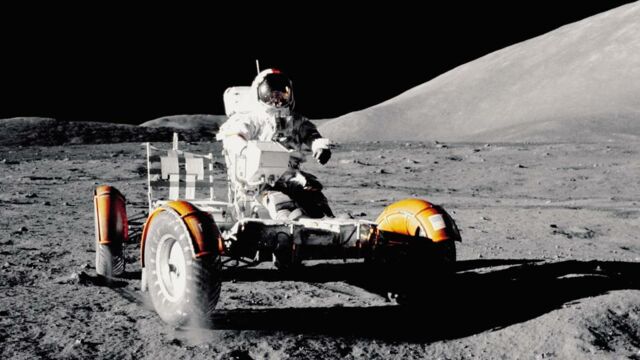With at least 20,000 more satellites scheduled to be launched over the next 20 years, a problem is beginning to emerge in space: space debris. Millions of pieces of debris are now in orbit and could jeopardise future missions.
Discover our latest podcast
Space debris is a threat to the future
The NASA Administrator recently said 'Space is the new Wild West, we have to be the sheriff of it'. On Friday 16 September 2022, during the European Interparliamentary Conference on Space, more details were given on the subject. Sophie Primas, President of the French Liberal Party, explained:
The multiplication of objects and infrastructures placed in orbit greatly increases the risks of collision, explosion and accident
Josef Aschbacher, Director of the European Space Agency (ESA), explained that space waste was becoming a threat to satellites and astronauts:
Once a week we have these collision avoidance manoeuvres to protect our satellites from this debris. It's a growing problem
Cleaning up space junk is becoming a priority
Most spacecraft sent into space are not de-orbited properly, which results in their debris ending up in orbit around the Earth at a speed of more than 8km/s. If its debris became too numerous, a chain reaction could occur, making it impossible to exit the atmosphere.
La startup qui veut nettoyer l'espace, @ClearspaceToday
— BFM Business (@bfmbusiness) September 23, 2022
"Lancement prévu en 2026, sa première mission sera de récupérer un débris pour l'agence spatiale européenne. Coût de l'opération, près de 100 millions d'euros"
💬 @CocquempotNpic.twitter.com/2vIamAB3OJ
This tweet translates to:
The startup that wants to clean up space, @ClearspaceToday
'Launch scheduled for 2026, its first mission will be to recover debris for the European Space Agency. Cost of the operation, nearly 100 million euros'
Today, NASA and ESA are working together to find solutions to prevent the debris from accumulating. One solution is to put in place strict rules on how to de-orbit spacecraft, while another is to clean up space.
Indeed, the private company ClearSpace is preparing to go into space for the first time in 2026. Its objective will be to recover debris for ESA. The cost of the operation is already estimated at almost 100 million dollars. This is a vital mission, however, to start cleaning up space of all its waste.
This article was translated from Gentside FR.
Sources used:
Read more:
⋙ Researchers make remarkable discovery of alcohol in space
⋙ Very rare 'aurora storm' spotted from the International Space Station















